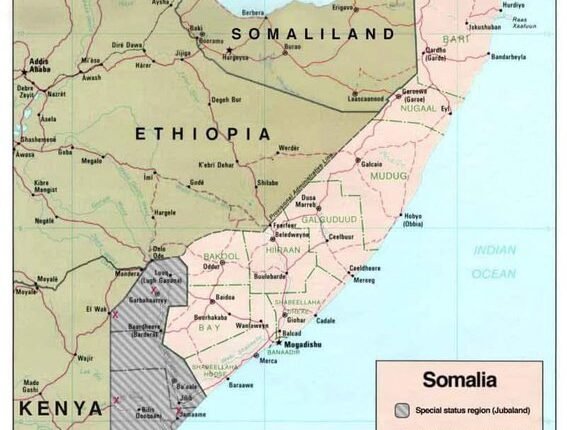In the MP’s view, SHA is not performing as anticipated and leaving millions of Kenyans vulnerable to health access challenges.
SHA was introduced to replace the National Health Insurance Fund (NHIF) under President Ruto’s universal healthcare reforms. The new system was designed to provide affordable and reliable medical cover particularly for low income earners. but barely months into operation SHA is facing a plethora of challenges that threaten to undermine its sustainability and effectiveness.
Among the key issues that SHA is currently grappling with is financial instability. The system according to Barasa, is struggling to meet its commitments because there’s an imbalance in contributions and beneficiaries. Due to having a relatively small number of salaried contributors, SHA lacks the funds needed to cover the healthcare of over 15 million registered members. This has led to increasing debts and paralyzing operational disruptions.
Hospitals across the country, especially private and faith-based ones, have begun turning away patients due to pending claims. The Rural & Urban Private Hospitals Association of Kenya (RUPHA) suspended SHA services in over 600 facilities last week over Ksh30 billion in unpaid dues. This has cut thousands of Kenyans off from vital medical care exacerbating an already desperate situation.
Didmus Barasa, a legislator, raised an alarm about the need for reforms in SHA and indicated that things as they stand will not be sustainable. He argues that the government should act with speed in order not to further decay the healthcare system. In his view, SHA’s economic model has to be structured immediately and alternative sources of funds have to be found in order to make it sustainable.
The government must explore how it will redistribute funds from other regions to support the budget of SHA. We should not let Kenyans die as a result of a failed health policy,” Barasa said in a recent address.
In addition to the financial constraints the legislator has also identified operational inefficiencies within SHA. He has called for greater transparency and accountability in managing funds to prevent wastage and corruption. He believes that with the right adjustments SHA can meet its original mandate of providing quality and affordable healthcare to every Kenyan.
Barasa’s tantrum is one with many other Kenyans who had high hopes in SHA but are now witnessing the failures of a poor system. Patients who had been counting on NHIF to get medication are now out of fortune and this has witnessed a barrage of complaints both on social media and other means
Healthcare workers, too, are feeling the pinch. A number of hospitals that relied on NHIF payments to sustain them are currently operating at a deficit due to delayed payments from SHA. It has resulted in the laying off of employees lack of medical equipment and overall decline in the quality of healthcare services.
The crisis also has serious political consequences for President Ruto’s government. One of his key pledges was the provision of universal health coverage via SHA and its collapse might undermine public trust in his government. It is claimed by critics that the shift to SHA from NHIF was hasty and ill-conceived, which precipitated the crisis now facing the government. Failure by the government to respond rapidly may turn this problem into a serious political albatross before the next general elections.
In order to rescue SHA and restore faith in the healthcare sector experts recommend a few steps that the government must consider:
- Debt Clearance Immediately: The government must urgently disburse money to settle overdue hospital bills so that services will not be cut off in the future.
- Funding Diversification: Diverting funds through private sector partnerships and global donor support can stabilize SHA.
- Increased Accountability: Tough fiscal control mechanisms will eliminate mismanagement and ensure proper utilization of funds.
- Review of Policy and Stakeholder Engagement: Engaging healthcare providers, insurance experts and policymakers to enhance SHA’s organizational framework will be critical towards ensuring long term success.
- Phased Withdrawal from NHIF: Others argue that instead of a shock change the government could have phased withdrawal from NHIF as SHA facilities were being refined.
Kimilili MP Didmus Barasa’s complaint about SHA is a symptom of the broader crisis in Kenya’s healthcare sector. With hospitals suspending services and patients suffering from unpaid claims, the government has to act quickly to correct the situation. President Ruto and the government must move fast to reassert order and guarantee that SHA delivers its role. If it isn’t resolved, the crisis has catastrophic consequences for millions of Kenyans and may even become a blemish on the government’s reputation.



